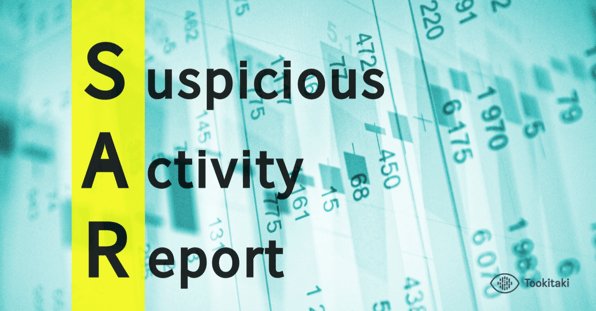
AML (Anti-Money Laundering) is an important component of the global financial system. The goal of AML is to prevent the use of the financial system for money laundering, terrorism financing, or other illegal activities. A key tool used by AML professionals is the Suspicious Activity Report (SAR). In this article, we will explore the SAR in detail, including what it is, why it is important, and how it is used.
A SAR is a report that financial institutions are required to file with their financial regulatory body when they suspect that a transaction or series of transactions is suspicious or potentially linked to money laundering, terrorism financing, or other criminal activities. SARs are an essential tool for detecting and preventing financial crime and play a vital role in maintaining the integrity of the global financial system.
SARs are usually filed by banks, credit unions, and other financial institutions. In the United States, SARs are filed with FinCEN (Financial Crimes Enforcement Network), which is part of the Department of the Treasury. Other countries have similar regulatory bodies responsible for receiving SARs.
The SAR is an essential tool in the fight against financial crime for several reasons. First, SARs help financial institutions comply with their legal and regulatory obligations to prevent money laundering and other financial crimes. Second, SARs help identify potentially suspicious activity and allow law enforcement agencies to investigate and prosecute financial criminals. Third, SARs help prevent the use of the financial system for illegal purposes, which helps maintain the integrity of the global financial system.
The process of filing a SAR may vary depending on the jurisdiction and financial institution. However, there are some common steps that financial institutions follow when filing a SAR.
The first step is to identify potentially suspicious activity. Financial institutions have different systems in place to monitor their customers’ activity, and these systems are designed to identify unusual or suspicious transactions. When a financial institution identifies potentially suspicious activity, it will conduct further investigations.
Further investigations typically include analyzing transactions, verifying customer information, and obtaining additional information about the suspicious activity. Depending on the jurisdiction and institution, there are a number of criteria that must be met for a transaction to be considered suspicious.

After the suspicious activity has been identified and investigated, the SAR is filed. Generally, SARs must be filed within 30 days of the discovery of the suspicious activity. SARs contain information about the suspicious transaction, including information about accounts and customer information. SARs may also contain information about why the transaction was considered suspicious.
It is important to note that financial institutions do not need to obtain conclusive evidence of money laundering or terrorism financing to file a SAR. Instead, they must file a SAR when there are reasonable grounds to suspect that a transaction is related to such illegal activities.After a SAR is filed, the financial regulatory body will analyze the report and decide whether further action is necessary. Generally, such actions can include informing law enforcement agencies or requesting additional information from the financial institution.
If a SAR contains information about a financial crime, law enforcement agencies can use the information from the report to initiate an investigation. Additionally, the information from the report may be used in criminal proceedings or regulatory investigations.
In some cases, financial institutions may be required to retain information about suspicious activity pending a decision from the financial regulatory body. In such cases, financial institutions must take steps to prevent the continuation of suspicious activity and to prevent money laundering or terrorist financing.
In conclusion, SARs are an essential tool for preventing and combating financial crime. By filing SARs, financial institutions help to identify suspicious activity and enable law enforcement agencies to investigate and prosecute financial criminals. Additionally, SARs help to prevent the use of the financial system for illegal purposes and to maintain its integrity.
Secure your pre-order services now by completing the form and enjoy exclusive offers, discounted prices, or receive the free generation reports!